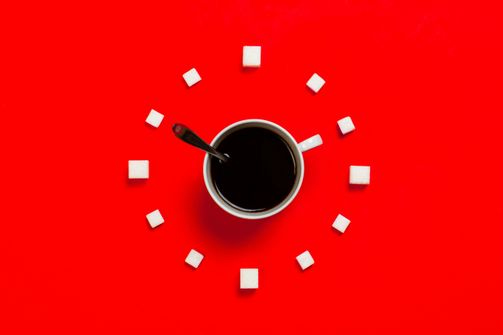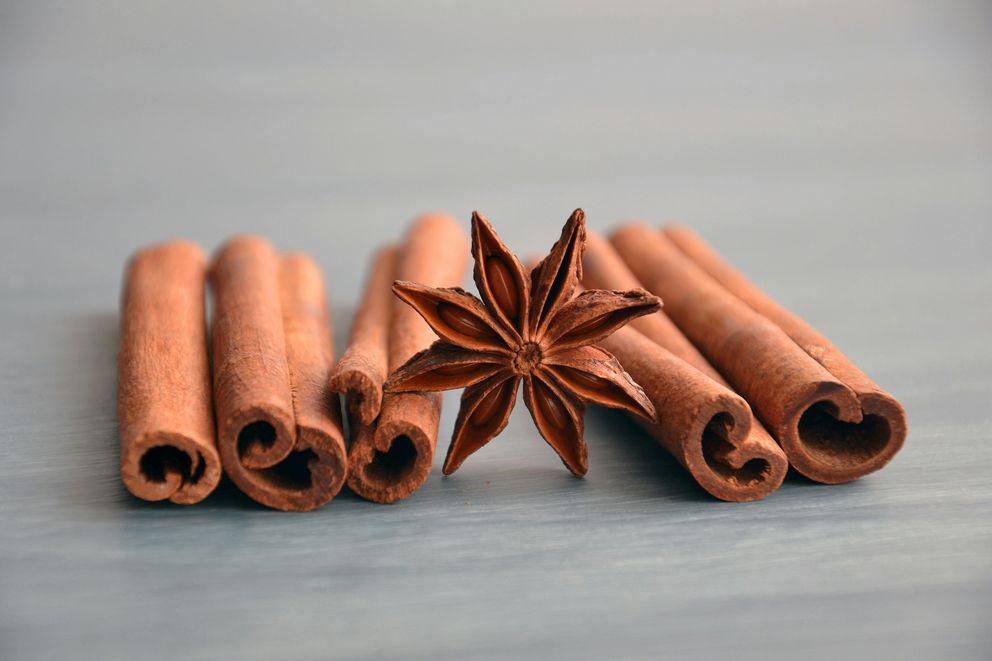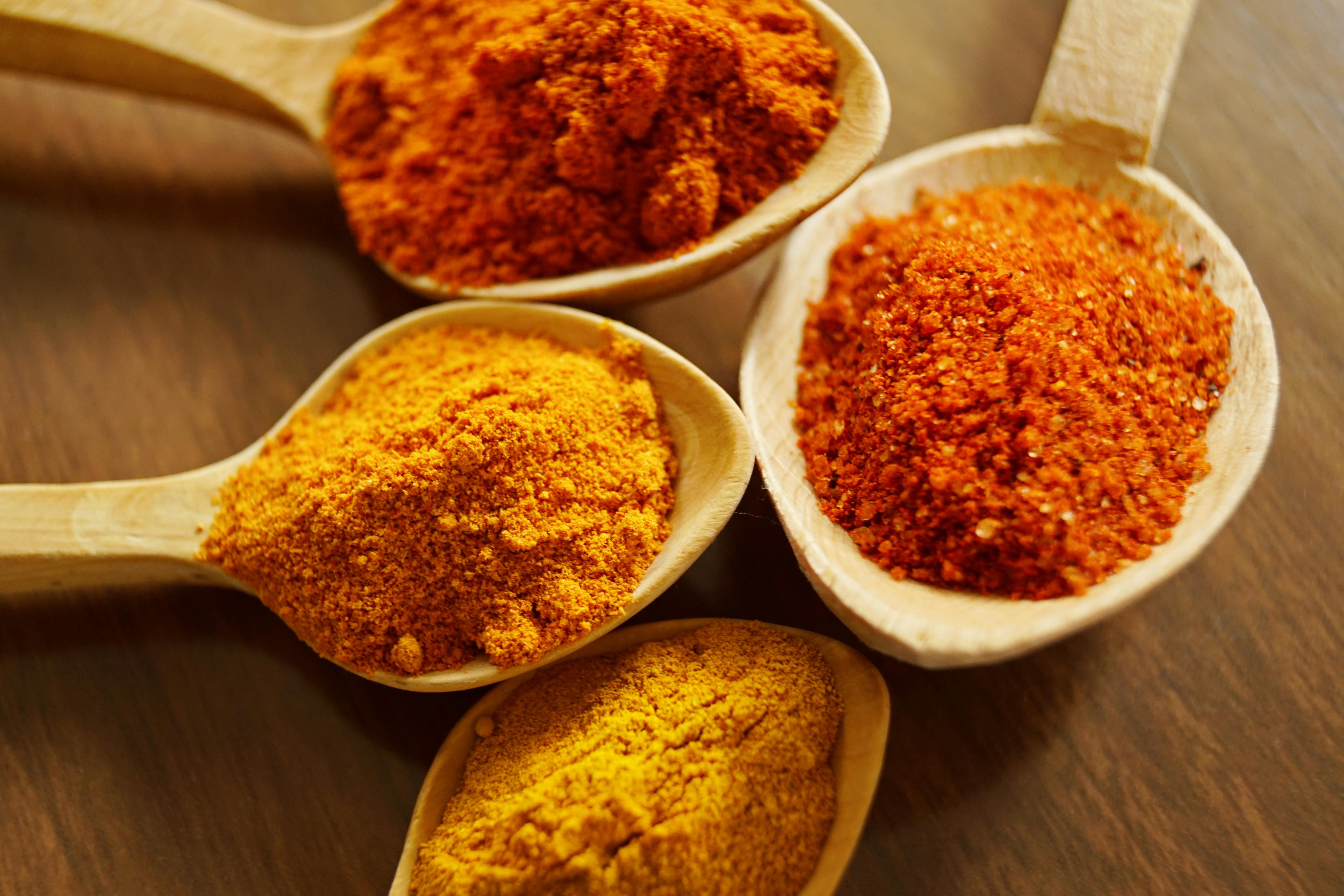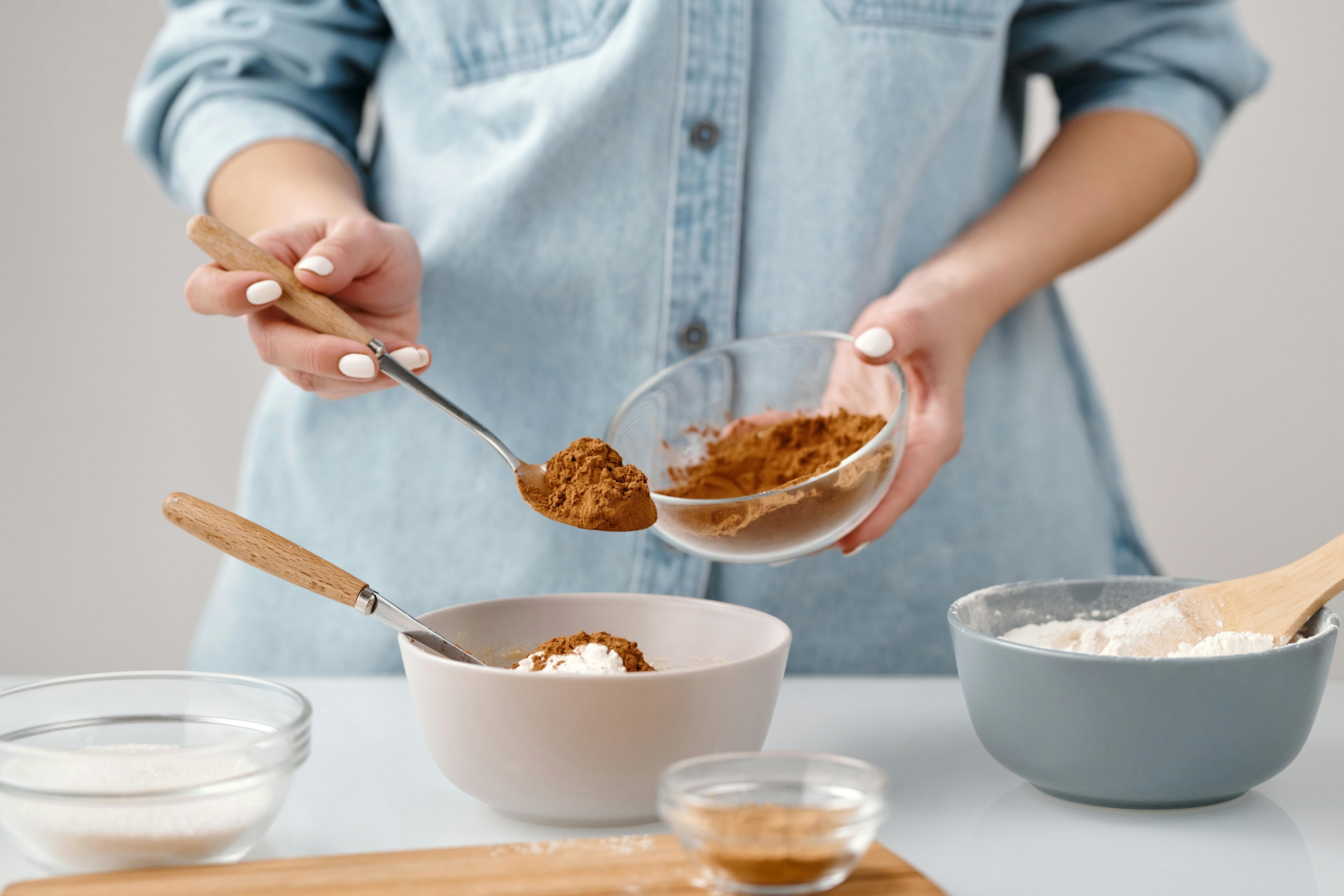
Stevia and Intermittent Fasting: Does It Break Your Fast?
Have you ever been halfway through your intermittent fasting routine, eyeing that sweet little packet of stevia, and thought, "Will this break my fast...

Fasting has gained immense popularity in recent years, with an estimated 25-30% of Americans practicing some form of intermittent fasting as of 2023. People embrace fasting for various reasons – from health and weight loss to spiritual renewal and religious observances like Ramadan or the Daniel Fast.
But let’s be real, fasting can be a challenging endeavor, and we’re always on the lookout for ways to make it a tad more enjoyable without breaking the rules. That’s where cinnamon comes into play. This humble spice has been the talk of the town among fasting communities, and the burning question on everyone’s lips is: Does cinnamon break a fast? Buckle up, folks, ‘cause we’re about to dive deep into this intriguing topic!
Before we delve into the nitty-gritty of cinnamon and fasting, let’s get on the same page about what fasting really means. Fasting comes in various flavors – intermittent fasting (like the 16:8 or 5:2 methods), water fasting, religious fasting like Ramadan or the Daniel Fast, and more. But at its core, fasting involves abstaining from food (and sometimes beverages) for a set period, which can range from 12 hours to several days or even weeks.
The goals? Well, they could range from detoxification and weight loss to improved metabolism, reduced inflammation, and spiritual renewal. In fact, research has shown that fasting can lead to a 3-8% decrease in body weight over 3-24 weeks, according to a review published in Nutrition Reviews. It may also improve insulin sensitivity by up to 40%, lower blood pressure by 5-10 mmHg, and reduce markers of inflammation like C-reactive protein by up to 50%, according to studies cited in the same review.
Now, the million-dollar question: what constitutes breaking a fast? Traditionally, consuming any food or caloric beverage was considered a big no-no during a fast. However, scientific views have evolved, and some experts argue that consuming very low-calorie, non-nutritive substances (under 50 calories) might not necessarily break a fast, as they don’t trigger significant metabolic or digestive responses. But more on that later!
Ah, cinnamon – the spice that’s been stealing the spotlight in the fasting world. But before we dive into its fasting-friendly potential, let’s get acquainted with this aromatic wonder.
Cinnamon comes in two main varieties: Ceylon and Cassia. Ceylon cinnamon, also known as “true cinnamon,” is considered the superior and more expensive option, originating from Sri Lanka. Cassia cinnamon, on the other hand, is more commonly found on store shelves and is typically sourced from Indonesia, China, and Vietnam. In fact, Cassia cinnamon accounts for around 90% of the global cinnamon supply.
Both varieties boast a slew of health benefits, thanks to their rich antioxidant and anti-inflammatory properties. Additionally, several studies have suggested that cinnamon may help regulate blood sugar levels by improving insulin sensitivity and slowing the rate at which glucose enters the bloodstream after a meal. A study published in the Annals Of The Family Medicine found that cinnamon supplementation can significantly reduce fasting blood glucose levels by up to 24.59 mg/dL and improve insulin sensitivity by up to 25% in individuals with type 2 diabetes or prediabetes.
But what’s really caught the attention of fasters is cinnamon’s low-calorie, low-carb profile. A teaspoon of ground cinnamon contains a mere 6 calories and less than 1 gram of carbohydrates, making it a virtually calorie-free addition to your fasting regimen.

Now, let’s get to the heart of the matter: does cinnamon actually break a fast? Well, the answer isn’t as straightforward as we’d like it to be. It all boils down to how you consume cinnamon and in what quantities.
If you’re sprinkling a dash of cinnamon powder (around 1/4 to 1/2 teaspoon) into your black coffee or herbal tea, chances are you’re not breaking your fast. The tiny amount of cinnamon involved is unlikely to trigger a significant insulin response or digestive activity that would technically break a fast, according to Dr. Jason Fung, a renowned expert on intermittent fasting and author of “The Complete Guide to Fasting.” In fact, it’s found that consuming just 1 gram of cinnamon (approximately 1/4 teaspoon) had no significant impact on glucose or insulin levels in healthy adults.
However, if you’re indulging in cinnamon-laden treats or consuming large quantities of cinnamon (e.g., a tablespoon or more), all bets are off – you might be breaking that fast without even realizing it. Consuming just 1 tablespoon of ground cinnamon (approximately 18 grams) can raise blood sugar levels by up to 9.4 mg/dL and insulin levels by up to 17.6 μIU/mL, potentially disrupting the fasted state.
Ingesting 3 grams of cinnamon (approximately 1 teaspoon) during the fasting period did not significantly affect blood glucose levels, insulin levels, or other metabolic markers, suggesting that moderate cinnamon consumption may not break the fast.
Alright, let’s assume that you’ve gotten the green light to incorporate cinnamon into your fasting routine (hooray!). Here are some practical tips and tasty ideas to help you do it right:
But hold up, there’s a word of caution here: while cinnamon is generally safe in moderation, excessive consumption of Cassia cinnamon (the more common variety) has been linked to potential liver damage. In fact, a study published in the Euroasian Journal of Hepato-Gastroenterology found that consuming as little as 1-6 grams of Cassia cinnamon per day for several weeks could potentially lead to liver toxicity due to its high coumarin content. Coumarin is a naturally occurring compound in Cassia cinnamon that can be harmful in large doses. To put this into perspective, one teaspoon of Cassia cinnamon powder contains approximately 7 milligrams of coumarin, while Ceylon cinnamon (the “true” cinnamon) contains only trace amounts.
To be on the safe side, experts recommend limiting your daily intake of Cassia cinnamon to no more than 1 teaspoon (approximately 2.5 grams) for most adults. Children and pregnant women should consume even less. If you plan to use cinnamon regularly or in larger quantities, consider opting for Ceylon cinnamon, which has significantly lower levels of coumarin and is safer for daily consumption.

Furthermore, for those who monitor their blood sugar levels or are managing diabetes, it’s worth noting that cinnamon can potentially lower blood sugar. While this is generally a positive effect, particularly during fasting when meals are not regulating blood sugar levels, it’s important to monitor your response and adjust accordingly, especially if you are on diabetes medication.
Here are a few additional tips to ensure you enjoy cinnamon during your fast safely and effectively:
When it comes to whether cinnamon breaks a fast, moderation is key. Small amounts around 1/4 to 1/2 teaspoon are unlikely to disrupt your fasted state. However, consuming larger quantities could inadvertently break your fast by spiking insulin and triggering digestion.
Consider your specific fasting goals and health conditions when deciding if and how much cinnamon to incorporate. If fasting for weight loss or metabolic health, stick to minimal cinnamon to avoid blood sugar spikes. For religious fasts, consult guidance on allowable additives.
Ultimately, a light sprinkle can add warmth and flavor without derailing your fast. But embrace cinnamon mindfully based on your needs. Monitor your body’s response, and make adjustments as needed for a rewarding, sustainable fasting experience.
A: Generally, 1/4 to 1/2 teaspoon of ground cinnamon is considered a small or moderate amount that is unlikely to break a fast. This tiny quantity is not expected to trigger a significant insulin response or digestive activity.
A: Yes, you can add a dash of cinnamon (around 1/4 to 1/2 teaspoon) to your black coffee or herbal tea without breaking your fast. Cinnamon-infused beverages can add warmth and flavor to your fasting routine.
A: While both varieties are acceptable in small amounts, Ceylon cinnamon (also known as “true” cinnamon) is generally considered safer for regular consumption. Cassia cinnamon contains higher levels of coumarin, which can potentially cause liver damage if consumed in excessive quantities over time.
A: Yes, consuming large quantities of cinnamon, especially Cassia cinnamon, can potentially break your fast and may also pose health risks. Studies suggest that consuming more than a tablespoon (approximately 18 grams) of ground cinnamon can raise blood sugar and insulin levels, disrupting the fasted state. Excessive Cassia cinnamon intake has also been linked to liver toxicity.
A: If you’re uncertain about how your body responds to cinnamon during a fast, consider monitoring your blood glucose levels before and after consumption using a glucometer. This can provide valuable insights into whether cinnamon is causing any metabolic disturbances that could potentially break your fast. Additionally, consult with a healthcare professional for personalized guidance based on your specific circumstances.

Have you ever been halfway through your intermittent fasting routine, eyeing that sweet little packet of stevia, and thought, "Will this break my fast...

If you're like me, you may have jumped on the intermittent fasting bandwagon in hopes of shedding some stubborn pounds, boosting your energy levels, o...

Hey there, fasting femmes! If you're reading this, chances are you've jumped on the intermittent fasting bandwagon. And why not? Studies show it can l...

It's no secret that intermittent fasting has taken the health and wellness world by storm, especially among women seeking to shed those stubborn pound...

Today, we're diving into the intricate world of intermittent fasting (IF)—a journey that promises not just weight loss but a bounty of health benefits...